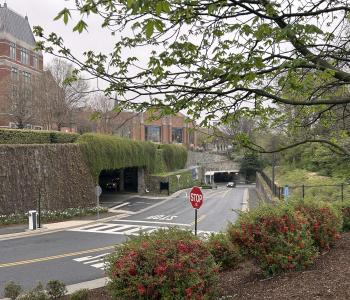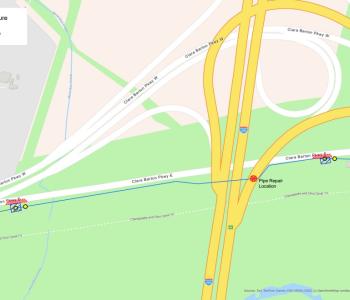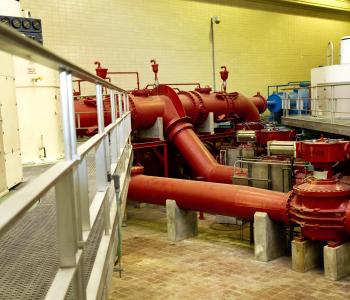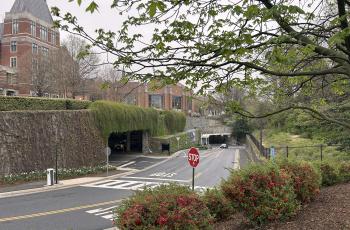Annual Switch to Chlorine Suspended This Spring
(Washington, DC) Since spring 2002, the Washington Aqueduct for a period of a few weeks temporarily uses chlorine instead of chloramines as part of routine system maintenance, but it will suspend the practice this year in order to maintain stability in the water chemistry following the introduction of orthophosphate into the treatment process in August 2004.
The decision to suspend the switch to chlorine was made based on the recommendation of the Technical Expert Working Group (TEWG) convened by the Environmental Protection Agency (USEPA) to broadly evaluate the lead issue and water chemistry. The TEWG also recommended the use of orthophosphate, a decision that was implemented last August to reduce the risk of lead leaching from lead service lines and other plumbing fixtures containing lead that come into contact with treated drinking water.
This decision will affect the District of Columbia and the other two distribution systems that receive water from the Washington Aqueduct, Arlington County and Falls Church, Virginia.
The TEWG, which continually reviews the high volume of water quality monitoring data provided by WASA since the addition of orthophosphate, believes that the benefit of maintaining stable water chemistry far exceeds any potential benefit from changing from chloramines to free chorine for a few weeks, said WASA General Manager, Jerry Johnson. Johnson also indicated that maintenance methods have been improved, and water quality continues to be very carefully monitored. Results are provided to the TEWG for review.
Nationally, there are utilities that use chloramines as a disinfectant, and that do not implement this annual switch to chlorine. They report no adverse effects from their policy. The TEWG concurs with WASAs water quality division research our expanded unidirectional flushing program is likely to be as effective a part of the maintenance program as the temporary switch to chlorine, added Johnson.
The TEWG includes representatives from the Washington Aqueduct, the USEPA and nationally known experts, as well as WASA. The DC Department of Health also participates and its senior management concurs with the decision.
This annual change, or chlorine burn, is used by approximately half of the nations utilities, and it generally results in significant water chemistry changes during the changeover. WASA expects the significant amount of data being developed from the increased system monitoring since August will provide valuable guidance in evaluating future approaches to ensuring water quality.
###








